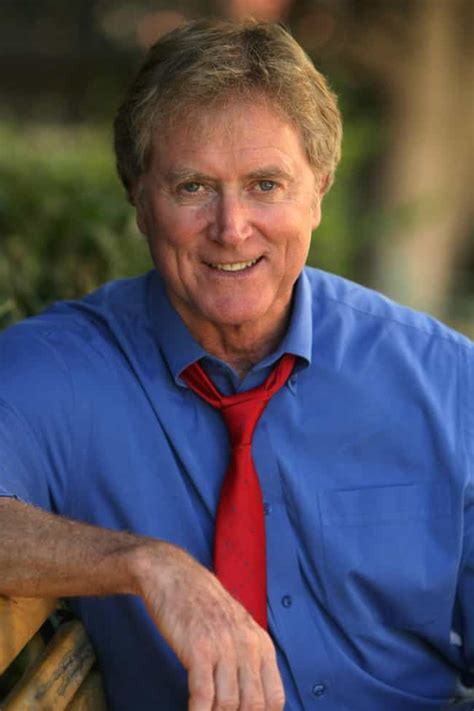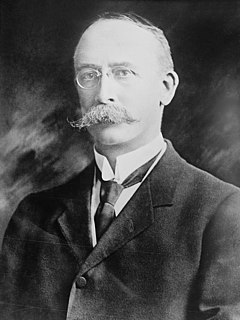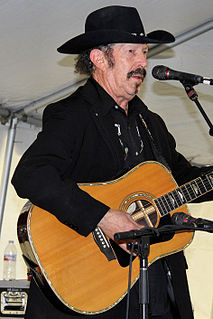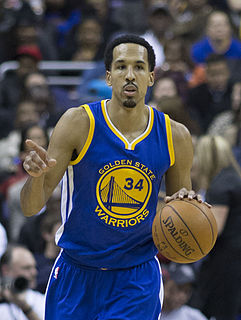A Quote by J. D. Salinger
But I was afraid of the questions (much more than the accusations) you might both put to me.
Related Quotes
I was not much afraid of punishment, I was only afraid of disgrace.But that I feared more than death, more than crime, more than anything in the world. I should have rejoiced if the earth had swallowed me up and stifled me in the abyss. But my invincible sense of shame prevailed over everything . It was my shame that made me impudent, and the more wickedly I behaved the bolder my fear of confession made me. I saw nothing but the horror of being found out, of being publicly proclaimed, to my face, as a thief, as a liar, and slanderer.
We're just afraid, period. Our fear is free-floating. We're afraid this isn't the right relationship or we're afraid it is. We're afraid they won't like us or we're afraid they will. We're afraid of failure or we're afraid of success. We're afraid of dying young or we're afraid of growing old. We're more afraid of life than we are of death.
You might have more talent than me, you might be smarter than me, you might be sexier than me, you might be all of those things you got it on me in nine categories. But if we get on the treadmill together, there are two things: You're getting off first, or I'm going to die. It's really that simple, right?
I have done much reporting in what might be termed the religious field. I have interviewed dozens of people-maybe hundreds-asking questions about their beliefs. Some impressed me more than others, but it is impossible to avoid the conclusion that the gift of faith (and I think it is a gift) is the most valuable one of all. People who have it are stronger-and kinder-and more unselfish-and happier. It's as simple (and as mysterious) as that.
Lancelot: Morgaine, Morgaine - kinswoman, I have never seen you weep. Morgaine: Are you like so many men, afraid of a woman's tears? (...) Lancelot: No (...) it makes them seem so much more real, so much more vulnerable - women who never weep frighten me, because I know they are stronger than I, and I am always a little afraid of what they will do.
Any more questions?" I ask, poking him gently in the ribs. "Do you still love me any?" Eliot asks, putting his hand over mine. "A little." "A little?" he asks, pulling away from me. "A lot." "How much?" he asks. "More than chocolate chip cookies." "Mmm" he says, kissing my shoulder. "More than walking on the beach." Eliot kisses me on the neck. "More than . . ." I pause, turning to look at him. "More than?" he asks, kissing my lips. I turn toward him. "Anything.
Questions are far more effective than defensive statements. They do not imply agreement, but they do convey interest and a desire to understand and facilitate an environment for peak performance, a central thread of effective leadership.... The next time someone accuses you of virtually anything, ask some questions. Resolving the situation may take more time, but the outcome will likely be more productive for both of you.






































